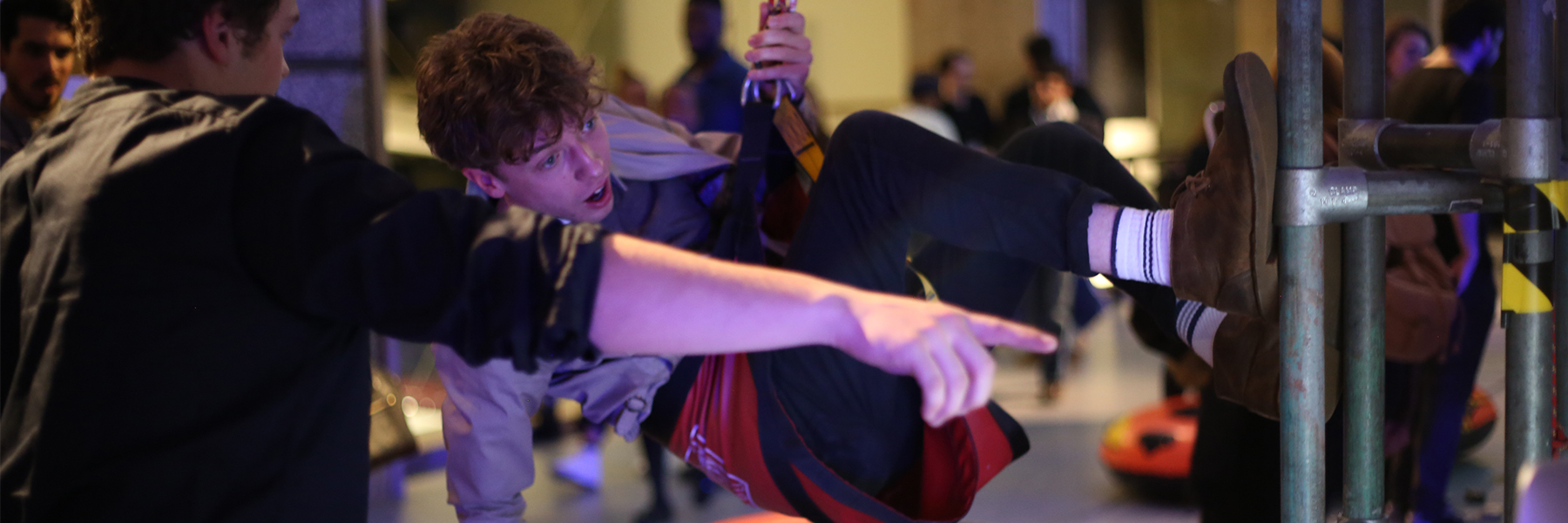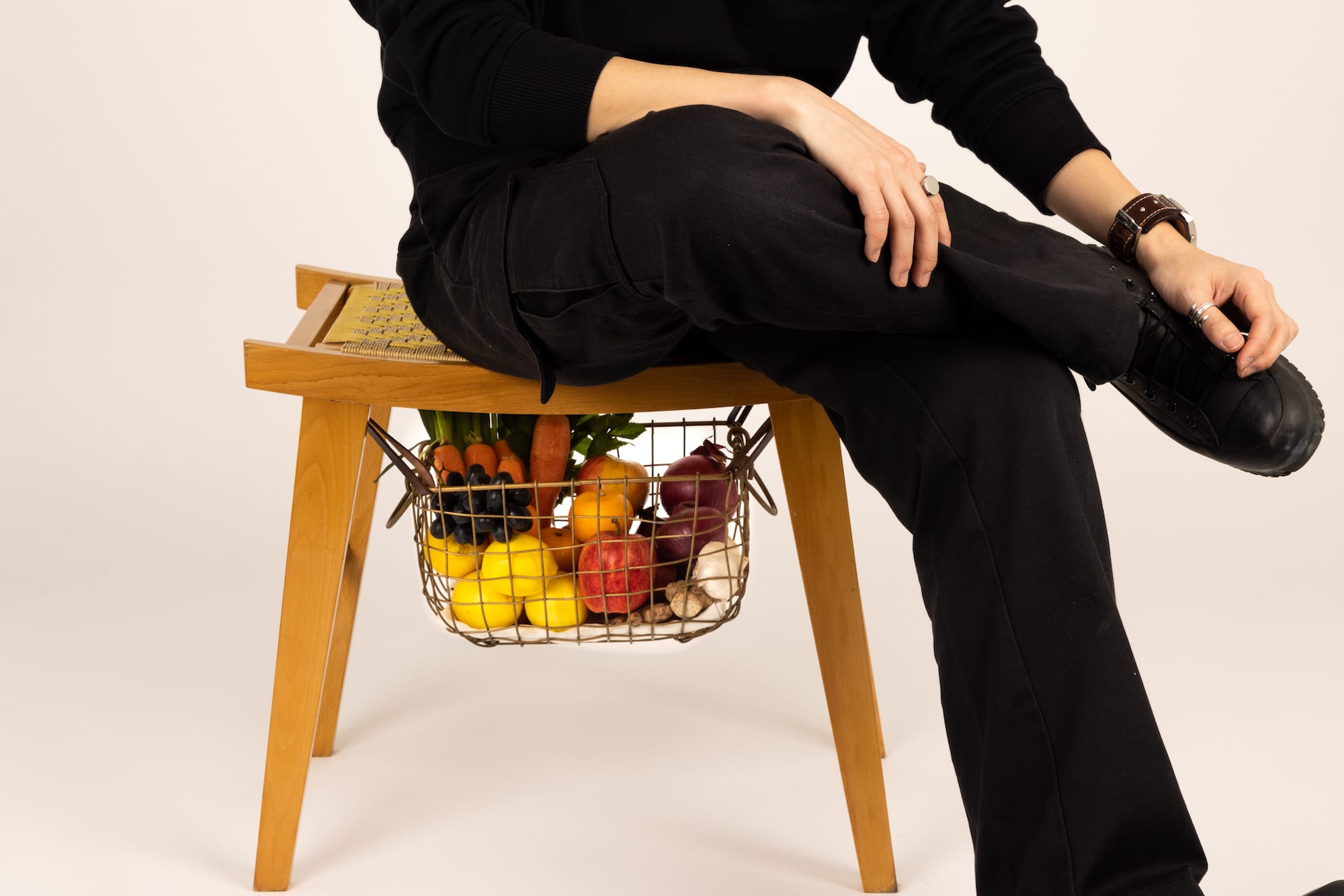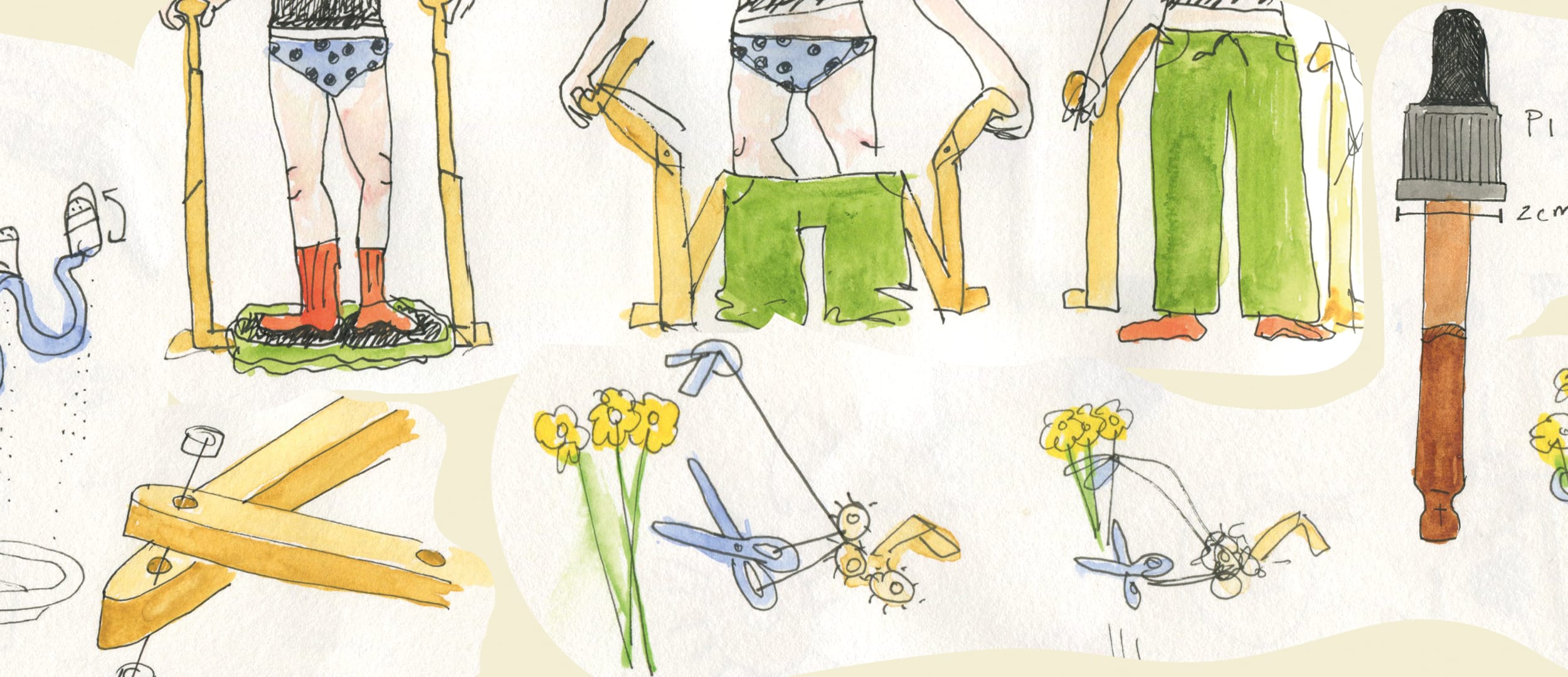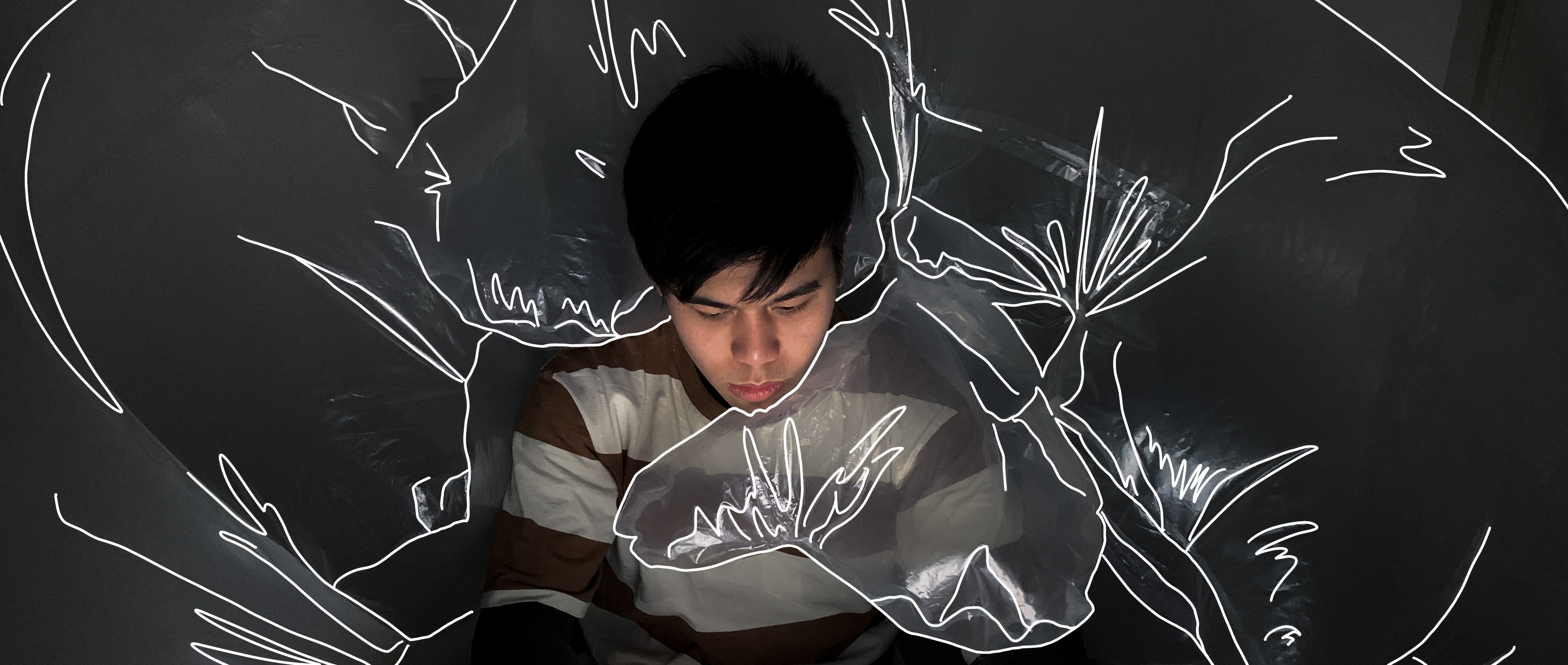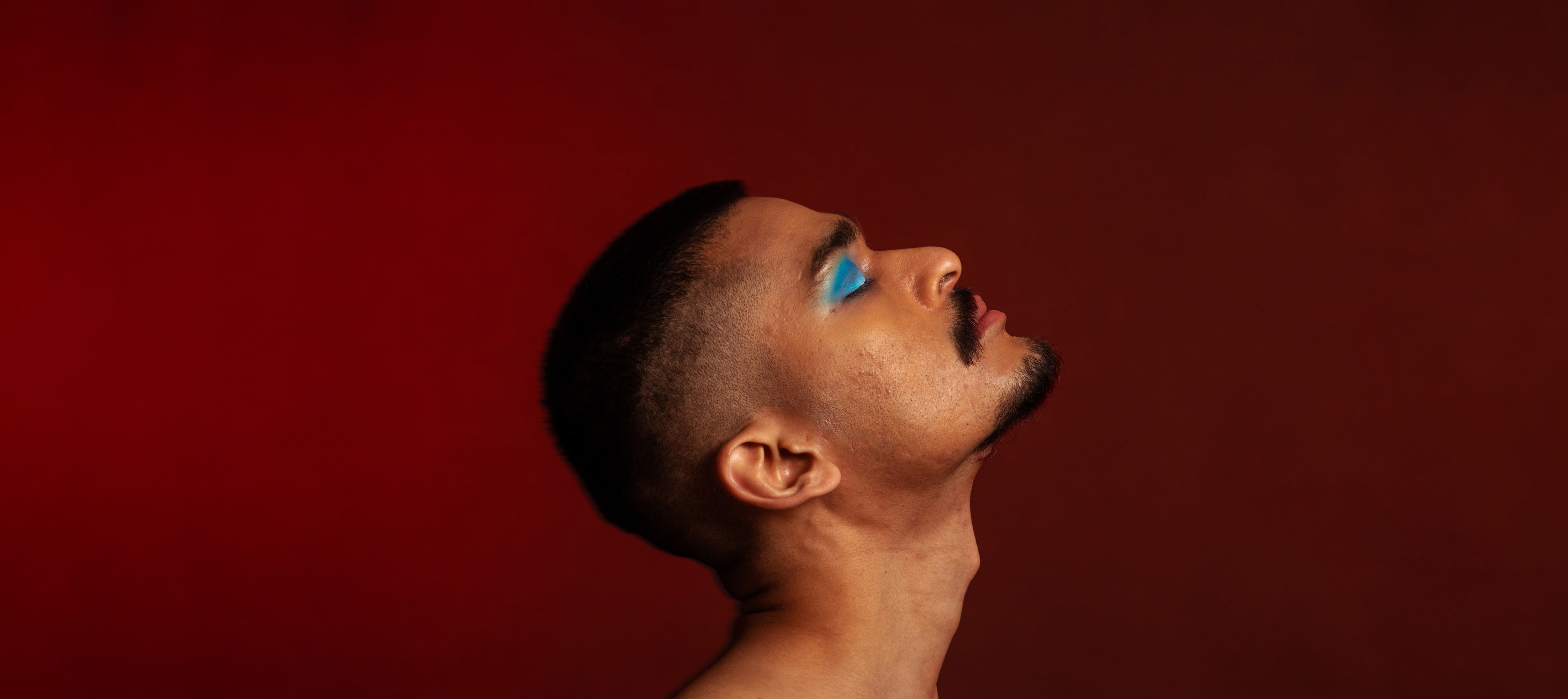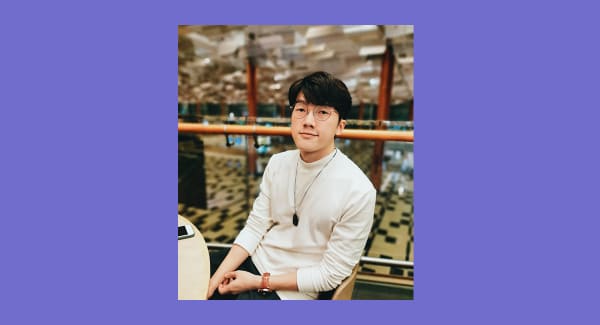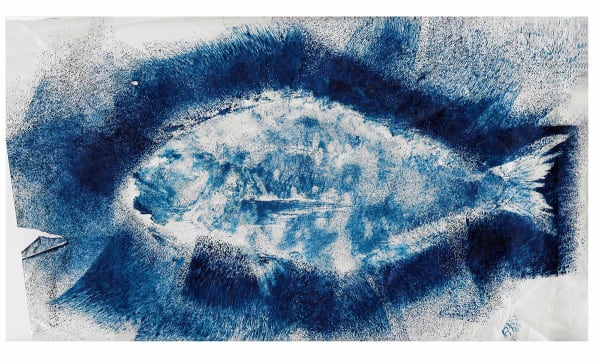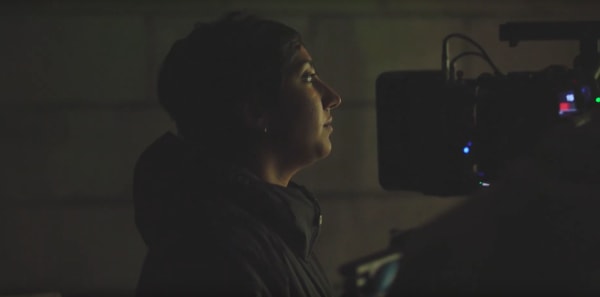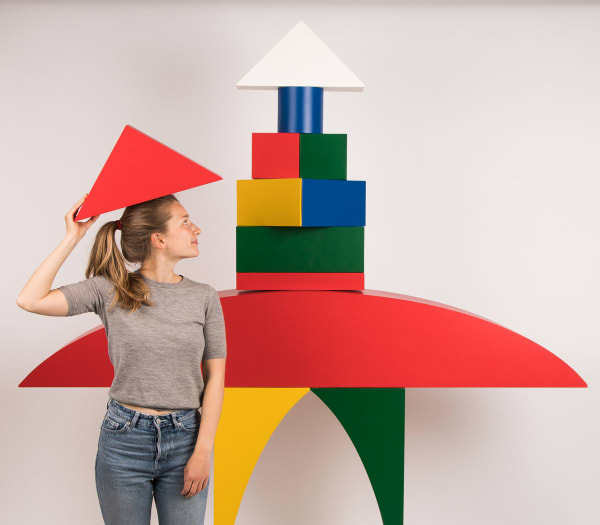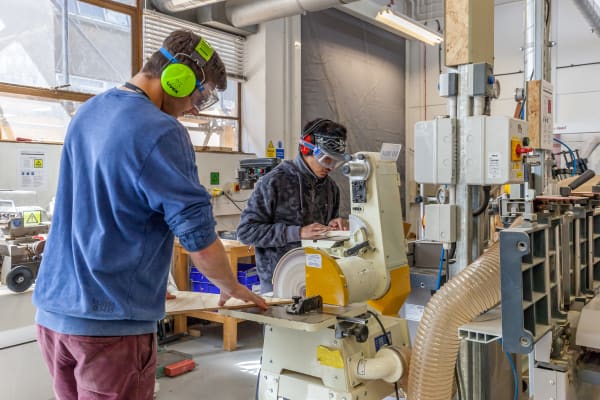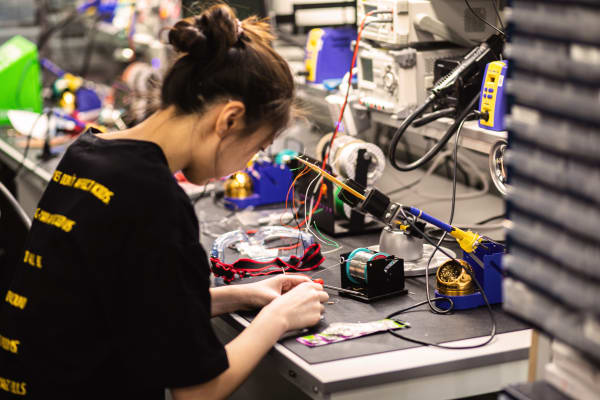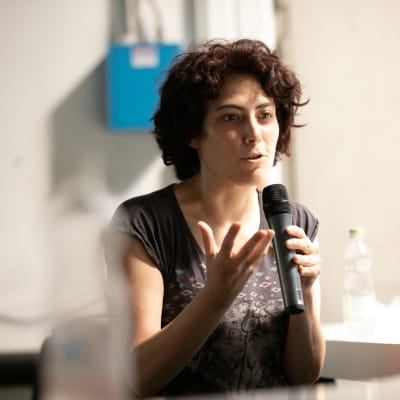Course units
We are committed to ensuring that your skills are set within an ethical framework, and we have worked to embed UAL’s Principles for Climate, Racial and Social Justice Principles into the curriculum and in everything we do.
As part of this initiative, we’ve shaped our courses around social and environmental sustainability principles that ensure learning outcomes reflect the urgent need to equip you with the understanding, skills, and values to foster a more sustainable planet. Our aim is to change the way our students think, and to empower you to work towards a sustainable future.
In common with all courses at the University of the Arts London, this course is credit rated. The course is 3 years, levels 4-6. Each year requires you to achieve 120 credit points. To be awarded the BA (Hons) Interaction Design Arts qualification, you need to accumulate a total of 360 credits.
Year 1
Introduction to Interaction Design Arts (20 credits)
Through academic reflection, writing and practical workshops, this unit will equip you with essential skills that will give you the confidence to navigate through the course and College and to help you begin to develop a personal approach to your work.
Exploration and Play (40 credits)
Focuses on learning and discovery through practical activities and projects. It introduces core design principles and explores play as a method of research, experimentation and design.
Contextual and Theoretical Studies 1 (20 credits)
Through academic writing, lectures and seminars, this unit introduces you to histories, theories and debates in relation to information and interface design and visual and material culture.
High Tech, Low Tech, No Tech (40 credits)
Introduces you to design through materials, prototypes and diegetics. This media-agnostic unit invites you to consider technologically and materially appropriate design solutions to studio projects.
Year 2
Desire Lines and Affordance (40 credits)
This unit is intensive and designed to introduce you to subject specific processes and techniques involved in interaction and design. It deals with design in the lived environment; how people and users interact with the world around them and encourages you to reach beyond the studio for research and inspiration.
Contextual and Theoretical Studies 2 (20 credits)
Through academic writing, lectures and seminars in this unit, you will have the opportunity to further contextualise various aspects of art and design theory in its broadest sense, by focusing on specific options.
Professional Practices (20 credits)
This unit seeks to extend your knowledge of the creative, cultural and design industries, providing you with opportunities to work on live project as you continue to develop your design practice in mixed-discipline and collaborative teams.
Expanded Cinema and Physical Computing (40 credits)
This unit is designed to further aid and develop the work and concepts introduced in the previous unit. The unit encourages you to experiment and push new media and technologies to their limits. The unit is also highly spatial and technical, looking at programming, sensors and computing in a real-world context.
Year 3
Route A:
Major Studio Project (60 credits)
The Major Studio Project is undertaken by all third year students and generally consists of three individual briefs, which you chose. It is the culmination of the course and provides you with the opportunity to utilise all of your practical, critical and analytical skills in the realisation of projects related to the development of your individual portfolio.
Minor Studio Project (20 credits)
The Minor Studio Project is self-initiated; emphasising research and the identification of appropriate intellectual and practical methodologies to support your outcomes.
Contextual and Theoretical Studies 3 (40 credits)
This unit is the culmination of the Contextual and Theoretical Studies component of the course. It provides you with the opportunity to utilise all your knowledge and analytical skills related to visual theory, in the realisation of a self-determined extended piece of writing of 8,000-10,000 words.
Route B:
Major Studio Project (60 credits)
The Major Studio Project is undertaken by all third year students and generally consists of three individual briefs, which you chose. It is the culmination of the course and provides you with the opportunity to utilise all your practical, critical and analytical skills in the realisation of projects related to the development of your individual portfolio.
Minor Studio Project (2x 20 credits)
The Minor Studio Project is self-initiated; emphasising research and the identification of appropriate intellectual and practical methodologies to support your outcomes. One Minor Studio Project is undertaken by all third year students.
If you decide to do the Route B (CTS 3 unit of 5000 words instead of 10,000), you will do two of these Minor Studio Projects.
Contextual and Theoretical Studies 3 (20 credits)
This unit is the culmination of the Contextual and Theoretical Studies component of the course, and provides you with the opportunity to utilise all your knowledge and analytical skills related to visual theory in the realisation of a self-determined extended piece of writing of 4,000-5,000 words.
Optional Diploma between Years 2 and 3
Between Years 2 and 3 of your course, you’ll also have the opportunity to undertake one of the following qualifications:
Diploma in Professional Studies (DPS) (Optional)
An optional, year-long learning opportunity which enables you to develop your professional skills by undertaking time out for industry experience. Supported throughout the year by academics, you’ll build on the knowledge gained on your course in a range of national or international locations, and graduate with an additional qualification of Diploma in Professional Studies.
Diploma in Creative Computing (Optional)
Between Years 2 and 3, you can undertake the year-long Diploma in Creative Computing. This will develop your skills in creative computing alongside your degree. After successfully completing the diploma and your undergraduate degree, you’ll graduate with an enhanced degree: BA (Hons) Interaction Design Arts (with Creative Computing).
